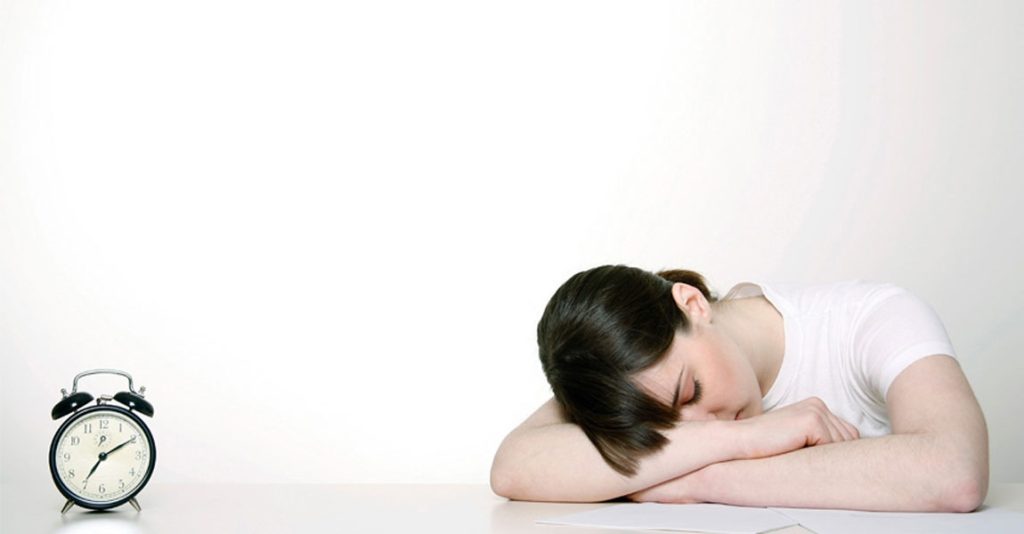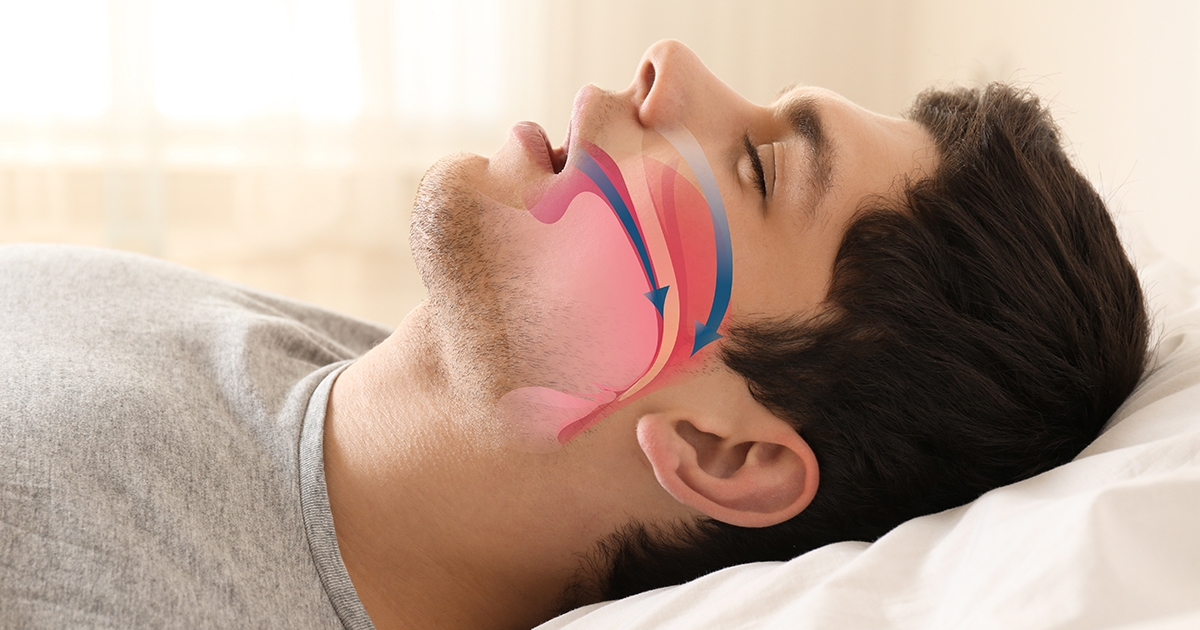
Counting Sheep
Home > Health Info > Health Articles

Have you ever fallen asleep at your desk? More than once? Regularly? And you put it down to the fact that you are getting older and working very hard? You may not be correct! It may be a sign of poor sleep, caused by Obstructive Sleep Apnea. You see, you don’t need a late night on the turps to end up falling asleep at your desk the next day. You’ve done that, I see. However, you may not have a simple hangover or clinically rare narcolepsy but you just might have that interesting condition called Obstructive Sleep Apnea (known as OSA because we doctors like acronyms) which is anything but rare.
OSA is a medical condition that stops you breathing for 10 seconds or more, then you breathe again naturally. This happens cyclically throughout the night.
The other interesting aspect of OSA is that you don’t know you’ve got it, but your bed partner does. This is because it happens while you are deeply asleep, so you don’t register the fact, but your bed partner does.
One reason is that OSA often goes hand in hand with snoring. Not a genteel snuffle, but the full bull’s roar that can break down the walls of Jericho.
Since you don’t know you’ve got it, how common is OSA? Amazingly, OSA is a relatively common condition that affects men more than women. The onset of OSA is most common in people aged 35 to 54 years old, although it can affect people of all ages, including children. In the UK, it is estimated that around 4 in 100 middle-aged men and 2 in 100 middle-aged women have OSA. Other studies have also shown that 60 percent of people over 65 years old have OSA. Quite frankly I think that figure is inflated.
So what can you do? A 2005 study in the British Medical Journal found that learning and practicing the didgeridoo helped reduce snoring and sleep apnea as well as daytime sleepiness. This appears to work by strengthening muscles in the upper airway, thus reducing their tendency to collapse during sleep. (I have my doubts about that one too. Someone must have had a didgeridoo for sale.)
Other studies have also suggested that strengthening the muscles around the upper airway may combat sleep apnea. A 2009 study published in the American Journal of Respiratory and Clinical Care Medicine found that patients who practiced a series of tongue and throat exercises for 30 minutes a day showed a marked decline in sleep apnea symptoms after three months. I never thought I would see the day that French kissing became therapeutic!
Never mind, just accept the fact that OSA does exist, can be diagnosed through a sleep test, and if your bed partner is complaining about your snoring and your boss is complaining that you are asleep at your desk again, then you just might have it.
Make an appointment with our Sleep Disorder Center and find out.

Share :




